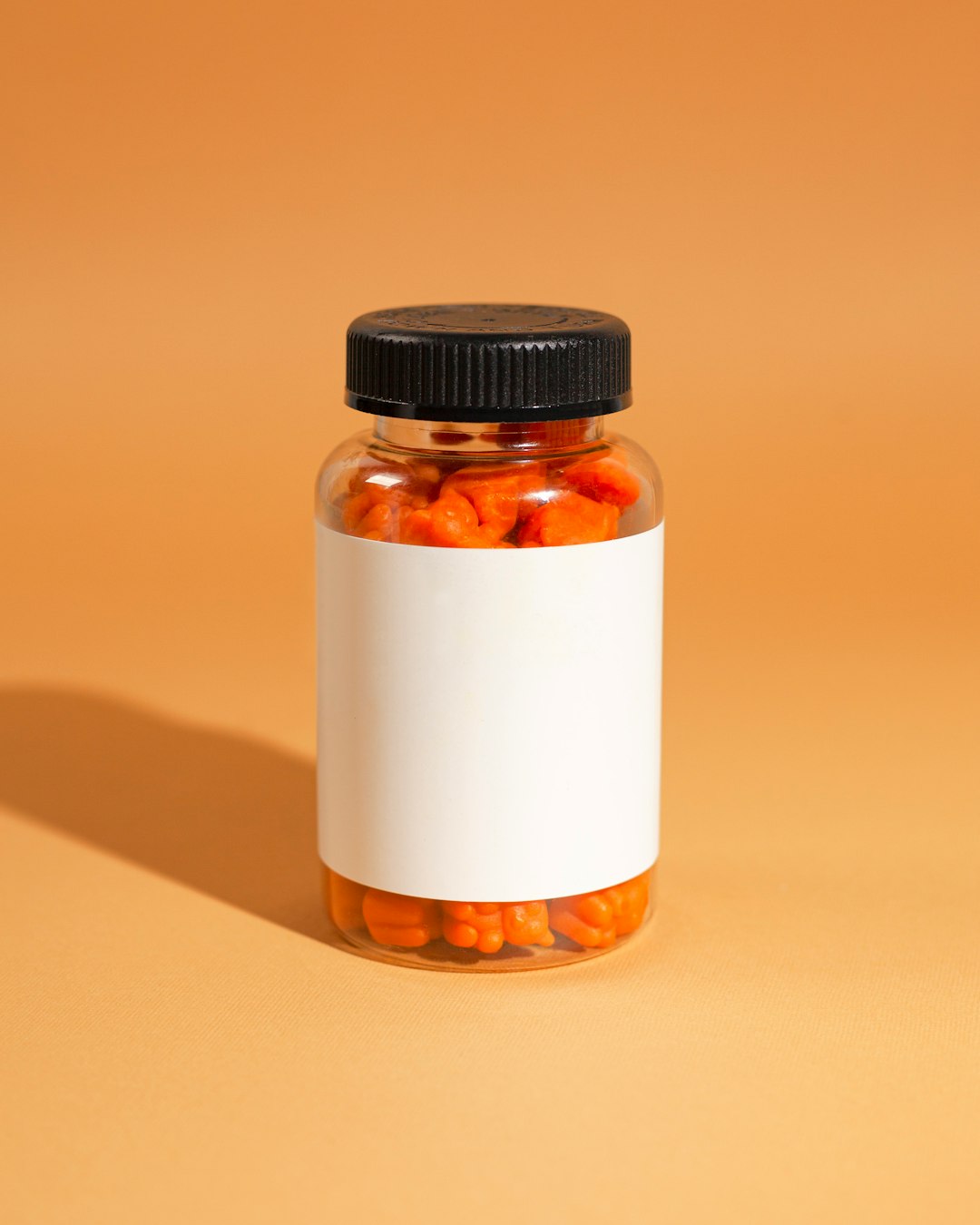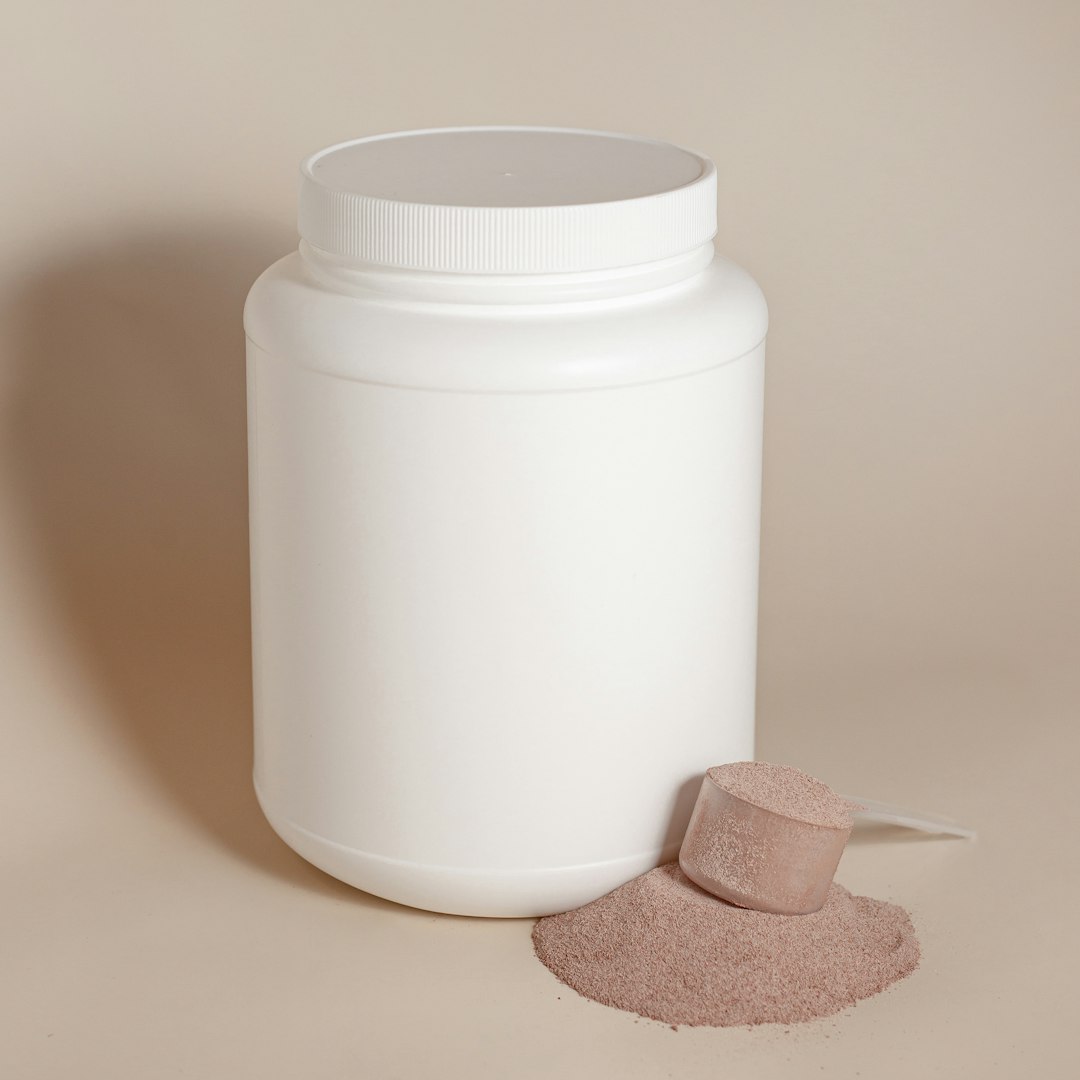Top 10 Supplements for Muscle Building
Building muscle requires dedication, hard work, and the right nutrients. While a balanced diet is essential, sometimes it's not enough to provide all the necessary nutrients for optimal muscle growth. That's where supplements come in. In this post, we will discuss the 10 best supplements for muscle building to help you achieve your fitness goals.
1. Whey Protein
Whey protein is one of the most popular and effective supplements for muscle building. It is a fast-digesting protein source that provides essential amino acids, which are the building blocks of muscle. Consuming whey protein after a workout can help with muscle recovery and growth. It is recommended to consume 20-30 grams of whey protein post-workout for optimal results.
2. Creatine
Creatine is a naturally occurring compound that helps your muscles produce energy during high-intensity exercise. Supplementing with creatine can increase muscle strength, power, and size. It is typically taken in the form of creatine monohydrate, with a loading phase of 20 grams per day for 5-7 days, followed by a maintenance dose of 3-5 grams per day.
3. Branched-Chain Amino Acids (BCAAs)
BCAAs consist of three essential amino acids: leucine, isoleucine, and valine. They play a crucial role in muscle protein synthesis and can help reduce muscle soreness after a workout. BCAAs can be taken before or after exercise, with a recommended dosage of 5-10 grams.
4. Beta-Alanine
Beta-alanine is a non-essential amino acid that helps to reduce muscle fatigue and increase exercise capacity. It works by buffering the buildup of lactic acid in the muscles, allowing you to train harder and longer. A daily dose of 2-5 grams is recommended for optimal results.

5. L-Glutamine
L-glutamine is the most abundant amino acid in the body and plays a vital role in muscle recovery and immune function. Supplementing with L-glutamine can help reduce muscle soreness and improve recovery times. The recommended dosage is 5 grams per day, taken after a workout or before bed.
6. Fish Oil
Fish oil is rich in omega-3 fatty acids, which have numerous health benefits, including reducing inflammation and supporting joint health. These benefits can aid in muscle recovery and growth. Aim for a daily intake of 1-3 grams of EPA and DHA, the two main omega-3 fatty acids found in fish oil.

7. Vitamin D
Vitamin D plays a crucial role in bone health, immune function, and muscle function. Research has shown that adequate vitamin D levels can improve muscle strength and performance. Aim for a daily intake of 1,000-4,000 IU of vitamin D3, depending on your current vitamin D levels and sun exposure.
8. Magnesium
Magnesium is an essential mineral that plays a vital role in muscle function, energy production, and electrolyte balance. Supplementing with magnesium can help reduce muscle cramps and improve exercise performance. The recommended daily intake of magnesium is 300-400 mg for men and 270-320 mg for women.

9. Zinc
Zinc is an essential trace mineral that supports immune function, protein synthesis, and hormone production. Adequate zinc levels are necessary for optimal muscle growth and recovery. The recommended daily intake of zinc is 11 mg for men and 8 mg for women.
10. HMB (Beta-hydroxy beta-methylbutyrate)
HMB is a metabolite of the amino acid leucine and has been shown to increase muscle mass and strength, particularly in individuals new to resistance training. HMB can help reduce muscle breakdown and improve recovery. A daily dose of 3 grams is recommended for optimal results.
In conclusion, these 10 supplements can support your muscle-building journey by providing essential nutrients, improving recovery, and enhancing performance. Always consult with a healthcare professional before starting any new supplement regimen, and remember that supplements should be used in conjunction with a balanced diet and regular exercise for the best results.


